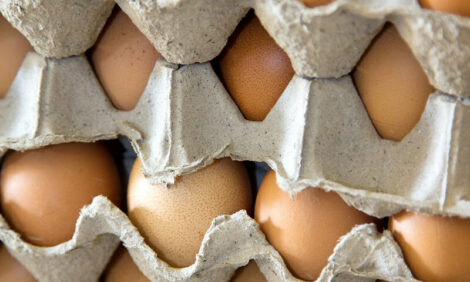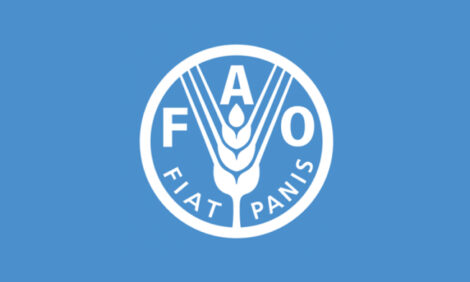



Israel To Help the Industry in Cameroon
CAMEROON - Two million Israeli chicks of a special Israeli breed resistant to high temperatures and disease are due to be commercialised next year.The announcement, reported by All Africa, was made by the Israeli Ambassador to Cameroon, Avramham Nir, during a session with the joint delegation of the Ministry of Livestock and Animal Industry. Also present were members of the Inter-Professional Poultry Farmers who have recently undergone training in poultry production in Israel.
Mr Nir said that because of the friendship demonstrated through this gesture, his embassy has decided to help ensure food security in Cameroon, especially in meeting the protein needs of the population.
Temperatures in Israel reach 45 degrees and yet in this hot and arid climate, 300 million chickens are produced annually for the human population of about 7.2 million. Climatic conditions in Cameroon are similar but the population fluctuates between 15 and 18 million.
Through its co-operation with Israel, Cameroon aims to adopt similar successful systems that involve the private sector working closely with government.
The first step is an agreement to allow Cameroon to buy vaccines against Newcastle disease and Gumboro disease from Israel at advantageous prices.
Mr Nir explained that if the cost of vaccines is reduced and the price of chicken in the market falls over time, it would help to meet the protein needs of the Cameroon population.
Head of the Cameroon delegation, Dr Ebode Sylvain Blaise, Director of Development Productions and Animal Industries at the Ministry of Livestock Fisheries and Animal Husbandry, confirmed that there is political will to start the poultry project with Israel.
All Africa finished its report with Dr Blaise's assertion that the poultry sector in Cameroon has been disorganised and fragmented, and that it has been impossible to get authorisation to set up a poultry farm. The recent creation of an agricultural bank will offer farmers the low-interest loans they need for poultry farming to take off, he said.








